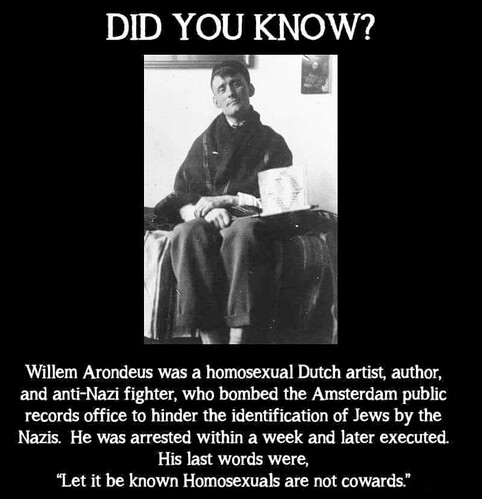A general thread for articles and videos about the past in all it’s complexity and weirdness!
Richard Nixon was, I think, one of our most complicated presidents. His presidency stood at an interesting hinge point, between an era when the majority of americans trusted in our institutions and put a great deal of faith in them (left or right), to an era when few of us do (again, left or right). Nixon, in fact, contributed to that shift in many ways (Watergate, COINTELPRO was uncovered during his watch, the secret bombing raids in Cambodia after promising peace, Kent State, culture wars BS, etc). But he still was the last defended of the New Deal liberal order, in many ways - the first affirmative action programs happened under his watch, EPA was formed during his presidency, etc.
And there was his foreign policy, which show a distinct difference between the approach to the global north (Europe, northern/East Asia) and the global south (SE Asia, Africa, Central/South America). While Nixon and Kissinger made great strides on bring about Detente and they began the process of normalizing ties with China (which, however it came out, was certainly a step forward for global peace at the time), they pursued a policy of violence and chaos in the global south. The above article is but one example of that. The war in Vietnam expanded under Nixon’s watch, once peace talks broke down, to include greater bombing raids in Cambodia and Laos, which greatly contributed to the communist take over of both AND the genocide in Cambodia. The groundwork for the CIA to intervene in the Angolan civil war likely started under Nixon (though that was inherited by Ford, since Nixon left office in 74 - intervention started in 75). He also ramped up military aid to the middle east, which set the stage for the current Cold War between Iran and the Saudis.
Not sure what my point is here, other than Nixon was a strange president and harder to categorize by our modern understanding of politics. From a liberal consensus POV, he makes a lot more sense.
Nixon also almost ushered in universal healthcare. It wasn’t a perfect plan, but it would have been a good start. And Ted Kennedy rejected it because it wasn’t good enough, in his opinion. I know before Kennedy died a few years ago, he expressed that turning that deal down was his biggest regret as a Senator. I would hope he had bigger regrets in life, but that’s a different topic.
Ted Kennedy should have a bigger regret than missed opportunities at legislation? What could it be!?!

It’s a mystery. The world may never know.
Yikes. Well…I already knew Byron wasn’t the best person since he abandoned his wife and daughter. This is a completely different level of bad, though.
If I’m reading this rightly, the possible defensive structures are late bronze or early iron age, and it’s not like settlements wouldn’t need defensive structures around then.
In 1884, inventor George Cove posed in front of an early rooftop solar panel of his own design for a photograph. One hundred and twenty five years later, the resulting image was reprinted in the official journal of the US’ most prestigious research institute – but Cove was nowhere to be seen.
Using a range of sources such as newspaper archives and historic city maps, Bellingcat sought to establish the seeming mystery of Cove’s ‘disappearance’ from the photograph. This analysis of archival material from the pioneering days of solar energy tells a cautionary tale about the ease of misattributing historic photos.
It’s so complex in its weirdness! And so weird in its complexity!
That’s history for ya… truth is often stranger than fiction!
so, we took a school trip here, I think in Jr high.
after reading the wiki I don’t think there’s a connection between the names, but maybe?
Maybe not? These spots were created in the late 19th, and this place was founded in the late 18th… but maybe it was just a common English phrase used across this longer period? After all, travelers would often needed locations to stay on long journeys, so it was just in the lexicon?



